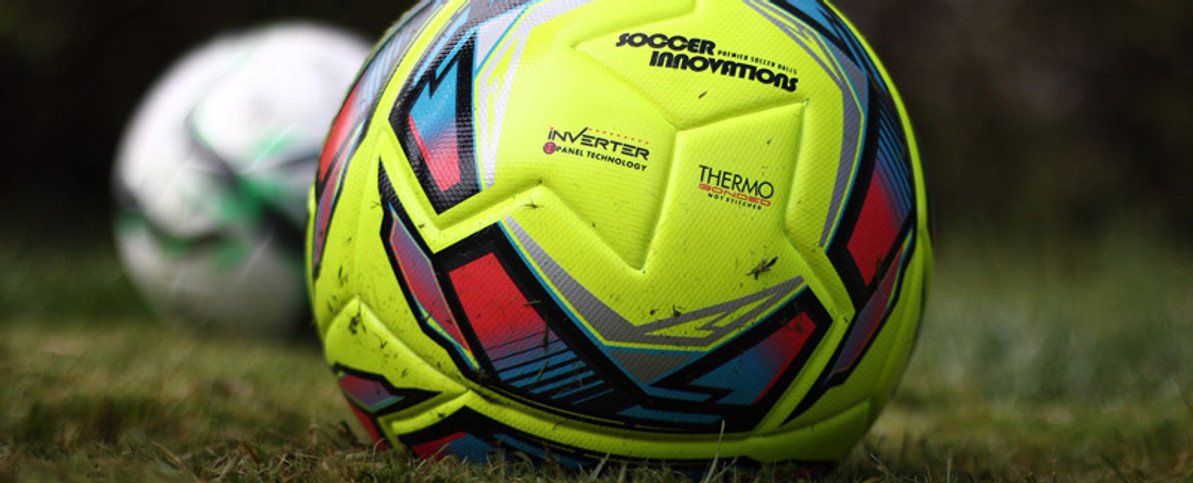Thinking With Your Feet: How Soccer Rewires Your Brain
The World Cup is currently underway, and a lot of people are starting to watch and think about soccer a lot more than they might otherwise. This is why it is essential to go over the ways that the game can rewire your brain. You might not have even realized that it can have such an impact on a person, but it most certainly can. There are people who have been lifelong soccer players that will tell you that the game changes the way that they think and go through their daily life.
There are many factors that go into what makes soccer the game that it is. It requires that a person be up on a variety of executive functions that they need to use for the game. For example, it is necessary to know how to respond to a high-speed routine, how to perform under pressure, and how to focus on decision-making. These are all things that begin in the brain, but they are all used out on the field while one is playing this game that is so beloved around the world.
How Soccer Improves One's Mental Functions
The game of soccer can appear to be about just running around the field as fast as possible and trying to kick the ball into the net. On its most basic level, that is what the game is about. However, there are aspects of soccer that go beyond that. For example, it is necessary to figure out the strategy and techniques necessary to make it possible for one to do well in the game.
There was a study performed on 15 youth soccer players about the skills that improved cognitively for them after they engaged with the game for a period of time. What the study discovered was that these players showed positive increases in their brain's working memory capacity after they did some drills that involved dribbling, passing, and shooting the ball. If they had not performed those drills, it is not clear that they would have shown the same results that they had after doing so in this instance.
Other techniques in the game are believed to contribute to increased activity in other parts of the brain as well. We know that keeping the brain healthy and active is a big deal when it comes to how one develops overall. Thus, it simply makes sense that scientists would be very excited about the initial results coming from some of the studies performed related to soccer and how it might make the brains of some players more active and alive than they otherwise were.
Working with Evolution
Some scientists speculate that one of the reasons why soccer might be such a powerful game for our brains is because the main rule in soccer is that you are not allowed to touch the ball with your hands. This means that we must revert to using our legs, feet, chests, and head to move the ball around the field. That helps our brains connect with some of the ways that humans interacted with the world around them in prehistoric times. In other words, we reconnect to the way that we did things before it became so easy for us.
Evolution doesn't necessarily move as quickly as some people like to think. There are still some ancient wiring connections in our brains that tell us what to do. The fact that soccer makes us rely on those ancient connections as much as it does is a sign that the game can truly make life a bit more interesting for those looking to expand their brains. They have to go back to the way things were in the past, and there is often a learning curve for the brain to get back into the groove of doing things without using our hands.
Say what you will, but it is abundantly obvious to many people that this is an excellent way to work on improving cognitive skills and the chemistry of our brains in general. All of that from the game of soccer.
Cognitive Function as Part of the Game
Soccer is as much a mental game as it is a physical one. Sure, players need to remain physically fit to stay out on the pitch running up and down as fast as they do. However, they also need to be mentally fit as well.
It is necessary to have players who can adapt to the way that their opponents move the ball around. They should anticipate certain moves that their opponents make, and they need to be fully in touch with the way that the game is evolving all around them. When they are aware of these things and respond to them well, then they make the best possible decisions for their game. That is certainly important, and it is just as important a part of the game as the other factors that go into it. Don't let anyone tell you otherwise. Players have to earn every bit of the glory that they get out on the field, and it all comes down to keeping their brains active and healthy.
Recent Posts
-
Soccer Ball Size By Ages: A Guide
Choosing the right size of soccer ball for your child is essential for their skill development, co …Mar 12th 2025 -
A Complete Guide to Soccer Balls
In the game of soccer, the ball is the MVP. No matter how sharp your skills are or how …Jan 8th 2025 -
The Gift of Balance : Mastering Your Game with Balance Board Brilliance
When we think about soccer training, our minds often wander to the pitch, the ball, and all the ri …Nov 8th 2023


